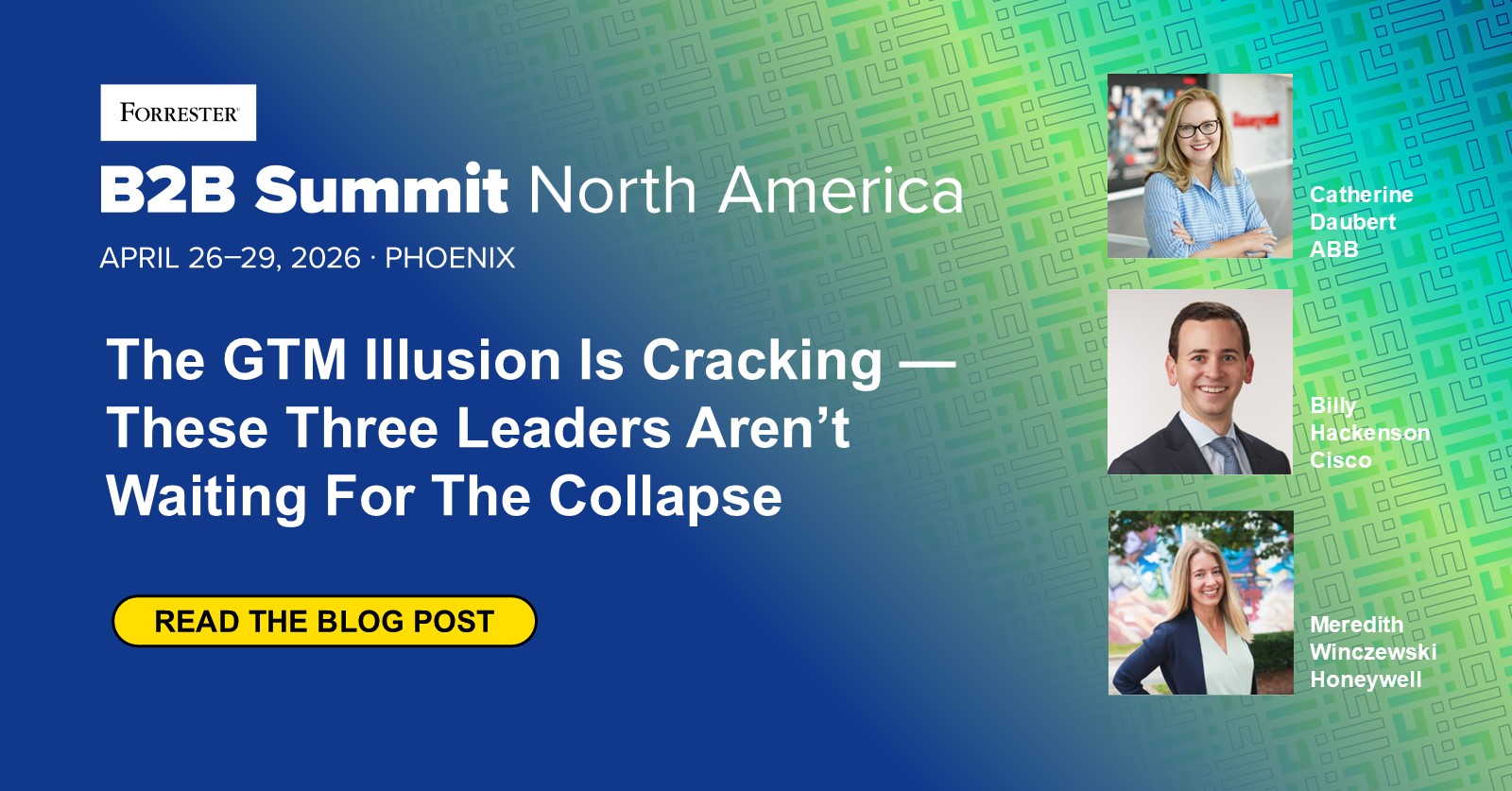Private equity (PE) and private debt (PD) are often viewed as distinct investment strategies, but they are increasingly intertwined in today’s financial landscape. The ongoing spat between KKR and Bain Capital over Fuji Soft[1] highlights how PE firms can be hostile toward each other, yet the rise of private credit has led to more collaboration between these entities. This post explores the evolving relationship between PE and PD and the implications for investors, regulators, and the broader economy.
Early in 2023, Apollo and Blackstone’s credit arms were among a syndicate of lenders backing the financing of Carlyle’s investment in healthcare technology firm Cotiviti, in what was the largest PD transaction ever. This $5.5 billion loan was slightly larger than the $5 billion lending facility offered by Blackstone to support the take-private of Zendesk by PE firms Hellman & Friedman and Permira the year before.[2]
“Club deals” acquired a bad reputation in the aftermath of the global financial crisis (GFC) when several PE groups were accused of collusion.[3] Such deals are back in vogue under a different guise.
Access to Inside Information
Alternative fund managers, obsessed with controlling the investment process,[4] have come to enjoy playing on both sides of the funding structure. Participating across the capital equation gives these managers access to confidential information without falling foul of the sorts of insider trading rules that hamper public markets.
No regulation prevents a financial sponsor from purchasing or selling on a public exchange the bonds of a company it owns before the company publicly discloses price-sensitive information. Likewise, a PE owner can time the sale of stocks in a partially listed company still in its portfolio even as it holds director or observer seats on the company’s board.
One example is Blackstone’s incremental disposal of its stake in Hilton between 2013 and 2018. Throughout the disposal period, Blackstone held shares in the hotel operator and was able to access and trade on private information ahead of any public disclosure.[5]
Conflicts of Interest and Performance Enhancement
Alternative asset managers are engaged across the entire capital structure, acting as equity sponsors, unitranche providers, senior and/or mezzanine lenders, and bondholders. The risk of conflicts of interest has been highlighted, for instance, by academic research on PE firms that invest equity in buyouts while also managing collateralized loan obligations (CLO) funds.[6]
Given the development under the same roof of PE and PD entities, why should a private lender not become a loan-to-own provider if it enhances investment returns, irrespective of which LP investors get preferential treatment or whether this is detrimental to other LPs?
Private debt instruments also provide fund managers with a minimum guaranteed return on assets. Granted, yields are much lower than those achieved in PE, but with corporate valuations near all-time highs, traditional 20% IRR targets are no longer attainable for buyouts. The high single-digit returns from credit arms offer more stability in revenues – fees and fixed loan margins are more predictable than carried interest on capital gains as those become harder to generate in a market with excess dry powder.
A welcome upside to developing multiple relationships with portfolio companies is to hold them hostage during periods of negotiation and maximize fee generation from any corporate event such as a financial restructuring or to amend and extend loans. Private capital fund managers can charge director fees as owners, arrangement and consent fees as lenders, and deal fees as aquirers or sellers.
Putting a floor on performance is another way for asset managers, particularly those publicly listed who need to keep shareholders happy, to reduce volatility. Managing volatility — sometimes “laundering” it via accounting trickery[7] — seems to be a key consideration for alternative fund managers keen to differentiate private capital offering from public markets.
Secrecy and Opacity
Insufficient transparency is inviting speculation about what impact widespread credit defaults during an economic crisis could have on the sector and the broader economy.[8]
Rating agencies have pointed out that private credit lenders do not have to report their marks to market the way regulated traditional lenders like banks do.[9] Making disclosure voluntary is a sure way to hide financial distress. Another way is to allow borrowers to defer interest payments and even principal repayments indefinitely.[10]
Overleveraged businesses could become zombies, proving unable to ever repay their uncovenanted loans, which would be constantly refinanced and rescheduled until the economy recovers or interest rates start falling again. Of course, this scenario fails to capture the consequences of a prolonged recession or structural market disruption that would doom any prospect of recouping the original equity, or even a substantial portion of the debt.
The limited level of public disclosure expected from private capital firms implies that it will become ever more challenging to monitor their behavior. Information asymmetry is amplified by the existence of equity providers and lenders under the same roof.
It is unclear how many portfolio companies with equity holdings from PE powerhouses also borrow from the credit divisions of the same PE firms. And there is no comprehensive information showing the many transactions on the credit and equity relationships linking the major PE groups. For instance, KKR Credit does not publicly disclose what proportion of its PD loans are allocated to the portfolio companies of its peers Apollo, Blackstone, Carlyle and TPG.

Growing Market Risks
The more mutual relationships these large fund managers have amongst each other, the more likely they are to cooperate rather than compete on transactions.
Anecdotes like the fight that saw lender Fortress push TPG-backed Vice Media into administration after the media firm failed to meet loan commitments (leading to an equity loss for TPG and other investors[11]) should not be interpreted as the signs of financial warfare. Pervasive collaboration rather than open conflicts between private capital fund managers is a more likely scenario.
PE firms with a strong credit division can influence private lenders of their portfolio companies by threatening to act tough themselves when the shoe is on the other foot and they are themselves lenders to other PE firms. Buyout groups can use credit positions from their PD arms to evade distressed situations or even delay bankruptcy proceedings, for instance by preventing lending syndicates from reaching a 75% voting threshold to declare defaults of payment or impose financial restructurings.
As such, co-investors, including standalone financial sponsors, banks, and independent lenders are at a disadvantage vis-a-vis the fully integrated alternatives supermarkets that account for a growing proportion of the deal activity.
Private capital firms have gradually moved away from — and, in some cases, replaced — traditional loan providers, substituting reciprocal lending for relationship banking. A decade after uncovering instances of alleged collusion in private markets, regulators must ensure that the close relationship between PE and PD fund managers does not produce a similar scenario between the credit and PE departments of the same fund manager, or between the lending and buyout divisions of separate fund managers.
Equally relevant is the fact that whenever markets go through prolonged upheaval, PE owners aim to actively acquire the holdings of their portfolio companies’ lenders, as witnessed in the aftermath of the GFC[12] and again in the current high-interest climate.[13] The goal for PE firms is never to lose in the private markets’ coin-flipping game.
Portfolio companies can be kept alive to continue charging fees of all kinds. This approach hinders the process of creative destruction capitalist economies are known for,[14] preventing corporations from being restructured or acquired by more efficient market participants.
A long list of failing leveraged businesses might not meet the strict definition of systemic risk, but the issue could well become structural if too many zombie assets with non-performing loans beget an unstable economy. PE-sponsored borrowers reportedly violate covenants more often than comparable non-PE backed borrowers.[15]
A Foreboding Precedent
This is not the first time in the history of capitalism that market power has become concentrated in the hands of a new breed of investors-cum-lenders.
John Pierpont Morgan during both the Gilded Age of the late 19th century and the Progressive Era of the early 20th century, similarly acted both as a major shareholder and banker to several prominent corporations, including US Steel and General Electric, which went on to build monopoly market positions. In 1917, Morgan’s son helped launch Anglo-American and encouraged its merger with De Beers a decade later to create a syndicate in the diamond trade.
But with the exception of these two uniquely influential American bankers, no institutions have held as commanding a stature in corporate financing as the largest private capital groups do today. The top 10 private credit firms now control a third of the sector’s assets under management.[16] Private equity is also extremely concentrated, with the top 10 fund managers representing more than 22% of the funds raised globally last year.[17]
Traditionally, shareholders provide equity to corporations which then, at their own discretion, issue debt. There is an opportunity for alternative asset platforms to abuse their dual role in the capital structure. No doubt the bank J.P. Morgan enjoyed many years of privileged relationship with the likes of General Electric and Anglo American. Whether such close partnership with a select few clients was beneficial to other less-strategic J.P. Morgan clients or the broader economy is questionable.
Debt and equity are the two engines of the buyout craft, but the debt engine provides a lot more thrust.[18] Without leverage, the PE plane doesn’t fly as well nor as far. With debt playing such a pivotal role, the danger is that the labyrinthine concentration of power in the hands of a small group of private market participants represents a growing economic risk. Many of the corporate behemoths backed by the Morgan dynasty over a century ago eventually faced anti-trust measures, but those often failed to yield much success.
The symbiotic relationship between private equity and private debt is reshaping the investment landscape. While this integration offers new opportunities for fund managers and investors, it is crucial for regulators and stakeholders to monitor these developments to ensure a balanced and sustainable financial ecosystem.
[1] https://www.ft.com/content/a08dabd0-842f-482d-89c7-52f77855507f
[2] https://www.privateequitywire.co.uk/2023/02/21/319544/cotiviti-buyout-be-largest-ever-private-credit
[3] https://www.reuters.com/article/business/eight-firms-must-face-deal-collusion-lawsuit-us-judge-idUSL1N0FO1OR/
[4] https://blogs.cfainstitute.org/investor/2022/05/17/the-private-capital-wealth-equation-part-1-the-controls-variable/
[5] https://www.amazon.com/Good-Bad-Ugly-Private-Equity/dp/1727666216/
[6] https://www.researchgate.net/publication/380564028_Dual_holdings_and_shareholder-creditor_agency_conflicts_Evidence_from_the_syndicated_loan_market
[7] https://www.aqr.com/Insights/Perspectives/Volatility-Laundering
[8] https://www.ft.com/content/62a40125-0f58-4855-b443-f3385c16a604
[9] https://www.ft.com/content/c32bc4a3-b73b-42ab-a651-5a029d59e41c
[10] https://www.ft.com/content/8a7d8d6b-4d9b-473e-8c0e-b8aaee61c18e
[11] https://www.ft.com/content/b8010767-8fe8-4ec0-aa40-676440b90f8d
[12] https://www.harriman-house.com/debttrap
[13] https://www.bloomberg.com/news/articles/2023-04-12/why-private-equity-is-buying-its-own-debt-from-banks-at-big-discounts
[14] https://blogs.cfainstitute.org/investor/2020/05/13/modern-private-equity-and-the-end-of-creative-destruction/
[15] https://ideas.repec.org/p/fip/fedgfe/2023-18.html
[16] https://pitchbook.com/news/articles/how-10-private-credit-firms-came-to-manage-a-third-of-the-industrys-capital
[17] https://www.privateequityinternational.com/pei-300/
[18] https://blogs.cfainstitute.org/investor/2022/10/21/tricks-of-the-private-equity-trade-part-2-leverage/

























